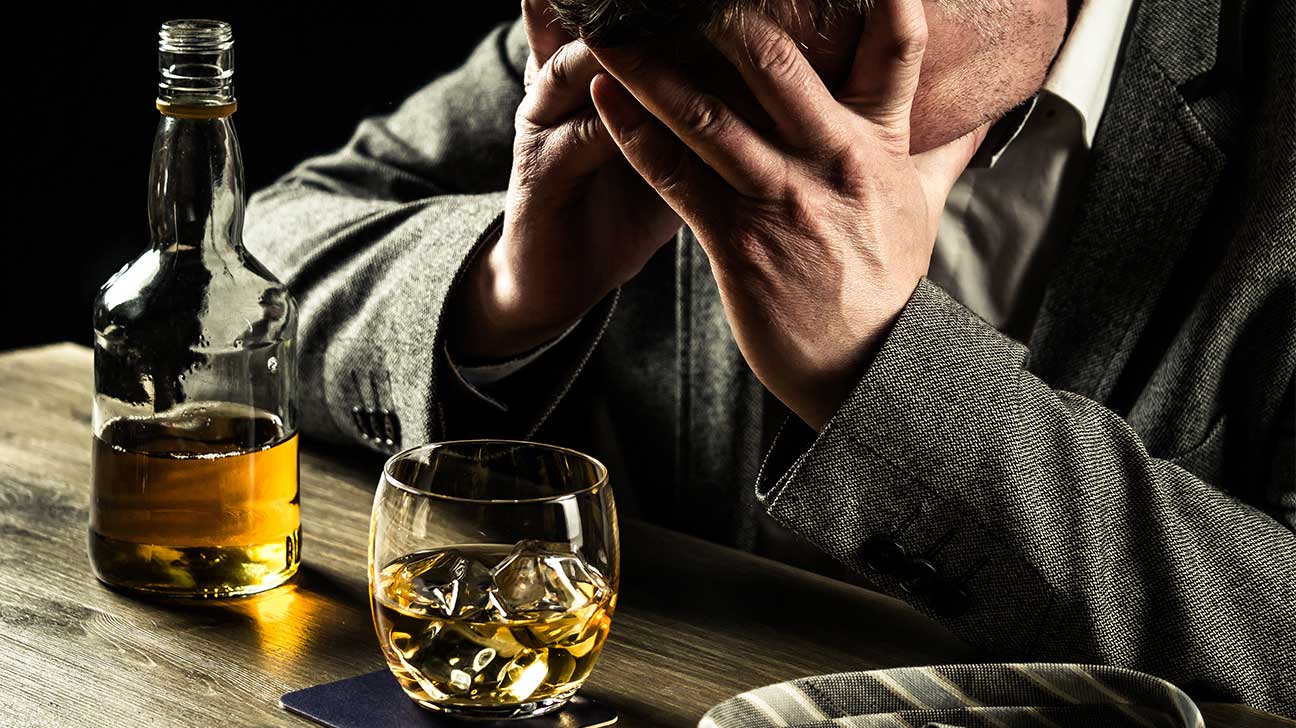
There is a clear link between alcohol abuse and depression.
The question is, does alcohol abuse cause depression or does depression lead one to seek out alcohol to the point of abuse as a means of feeling better?
Research has shown that alcohol abuse and depression often coexist and that whether one causes the other will vary from person to person.
They are often treated together and people who have their mental health addressed alongside their alcohol addiction will find greater long-term success.
How Depression And Alcohol Abuse Are Linked
When a person is clinically depressed, alcohol and/or other substances can serve as a coping mechanism.
Unfortunately, more and more alcohol is needed as a person builds up a tolerance, and this can lead to abuse as a person craves more in order to feel better.
Signs of alcohol abuse to watch out for include:
- being unable to relax without alcohol
- relationship problems because of alcohol
- legal problems related to alcohol
- neglecting responsibilities
- lying about drinking
How Alcohol Abuse May Affect Depression
When a person is abusing alcohol, this can cause problems in their personal lives — effects on relationships, employment, legal problems, health — that wreak havoc on their mental health.
Things can get particularly difficult if a person is trying to stop drinking and gets caught in a cycle of guilt when they are unable to.
Signs of depression to watch out for include:
- persistent sadness
- feelings of guilt, worthlessness, hopelessness
- loss of interest
- irritability
- difficulty concentrating or focusing
- fatigue
- suicidal thoughts
How Are Alcohol Abuse And Depression Treated?
Since depression is so common amongst those struggling with alcohol abuse, alcohol addiction treatment usually involves some form of treatment for depression as well.
It’s important to address the underlying problems which cause a person to drink excessively, otherwise, relapse may be inevitable.
Alcohol abuse and depression treatments may include:
- medication — antidepressants to treat the depression and/or medications meant to suppress alcohol cravings
- therapy — individual and/or group therapy
- support groups — groups like Alcoholics Anonymous that allow people in similar situations to connect with each other
- rehabilitation — inpatient and/or outpatient treatment that includes therapy and support as well as detox services in a safe and medically monitored environment
Finding Treatment For Alcohol Addiction And Depression
If you or a loved one is struggling with addiction to alcohol and co-occurring depression or another mental health disorder, it can be a hard problem to tackle alone.
To learn more about the dangers of alcohol abuse and how to find alcohol treatment programs, call our helpline today.
Article Sources- Anxiety & Depression Association of America — Symptoms
https://adaa.org/understanding-anxiety/depression/symptoms - National Institute on Alcohol Abuse and Alcoholism — Alcoholism and Psychiatric Disorders
https://pubs.niaaa.nih.gov/publications/arh26-2/90-98.htm - National Institute on Drug Abuse — Alcohol
https://www.drugabuse.gov/drug-topics/alcohol


